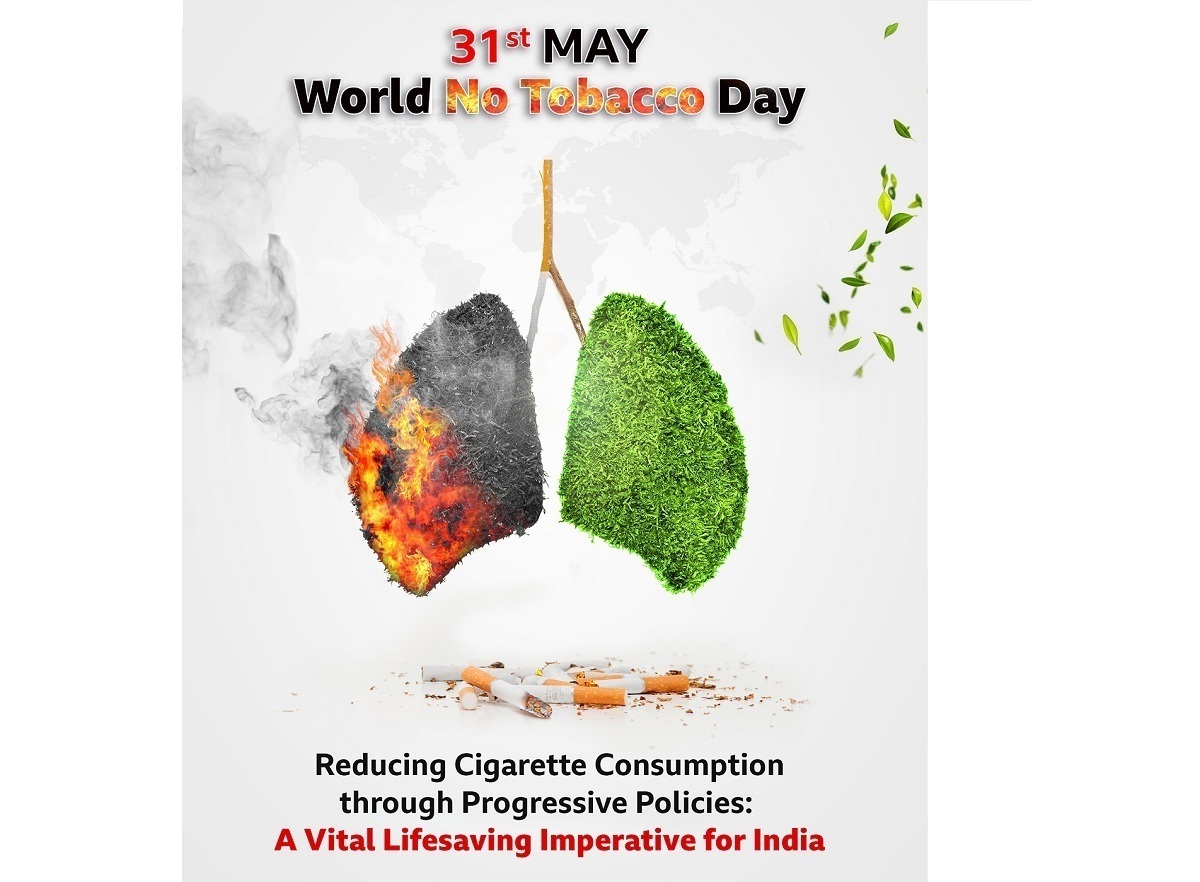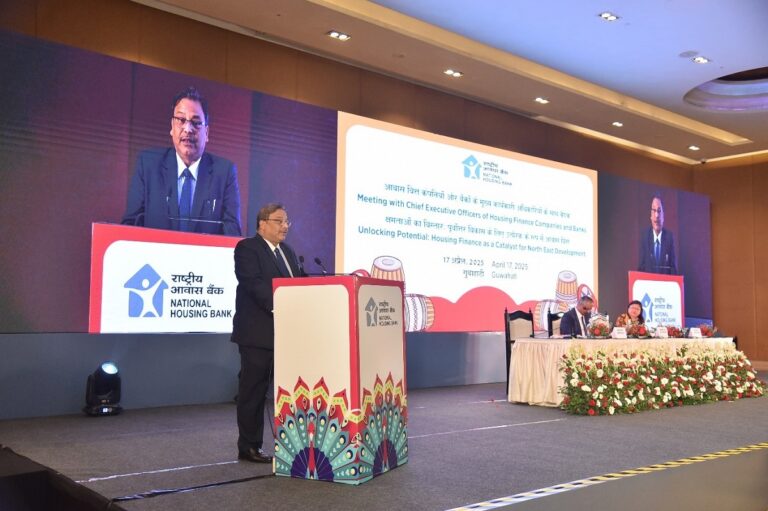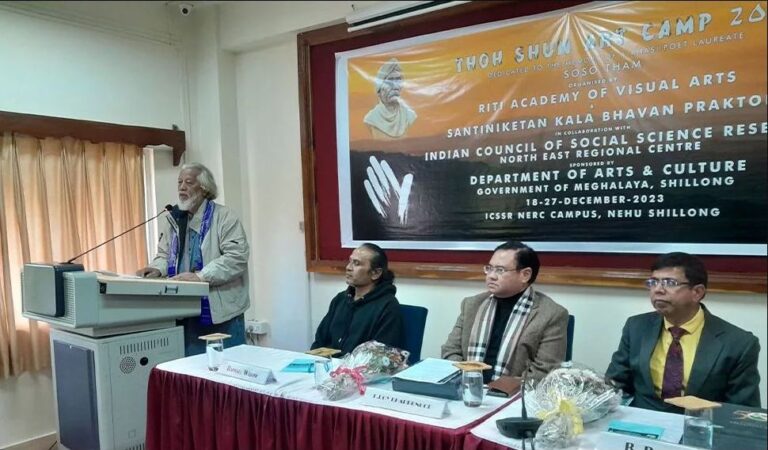India faces a significant public health threat due to its persistent tobacco epidemic, with one of the highest global usage rates. In 2020, 27% of the population aged 15 and above were tobacco users, and over 120 million were adult smokers. Both smoking and oral forms of tobacco are alarmingly prevalent. On World No Tobacco Day, experts and members of the Global Sustainability Alliance’s (GSA) Leadership Council for Good Health and Well-being emphasized the importance of progressive harm reduction strategies.
They emphasized that these strategies could potentially save 1.35 million lives annually, emphasizing the need for policies that align with users’ psychometric journeys. Prof. Dr. R Zimlichman, Director of the Brunner Institute for Cardiovascular Research at Tel Aviv University’s Sackler Faculty of Medicine, stated, “The world needs standardized alternatives promoted by governments for their safety and efficacy. Delay in implementing these measures costs millions of lives worldwide.”
India is on the verge of becoming a global economic leader, and it is crucial for policymakers to adopt effective strategies to improve public health. Increased awareness of health risks is essential for a healthy population, which is vital for India’s competitive advantage. Implementing progressive policies is not only necessary for a tobacco-free nation but also to mitigate the health and economic burdens imposed by tobacco use. Harm reduction and innovative strategies can save lives and lead to a healthier future for India.





















+ There are no comments
Add yours